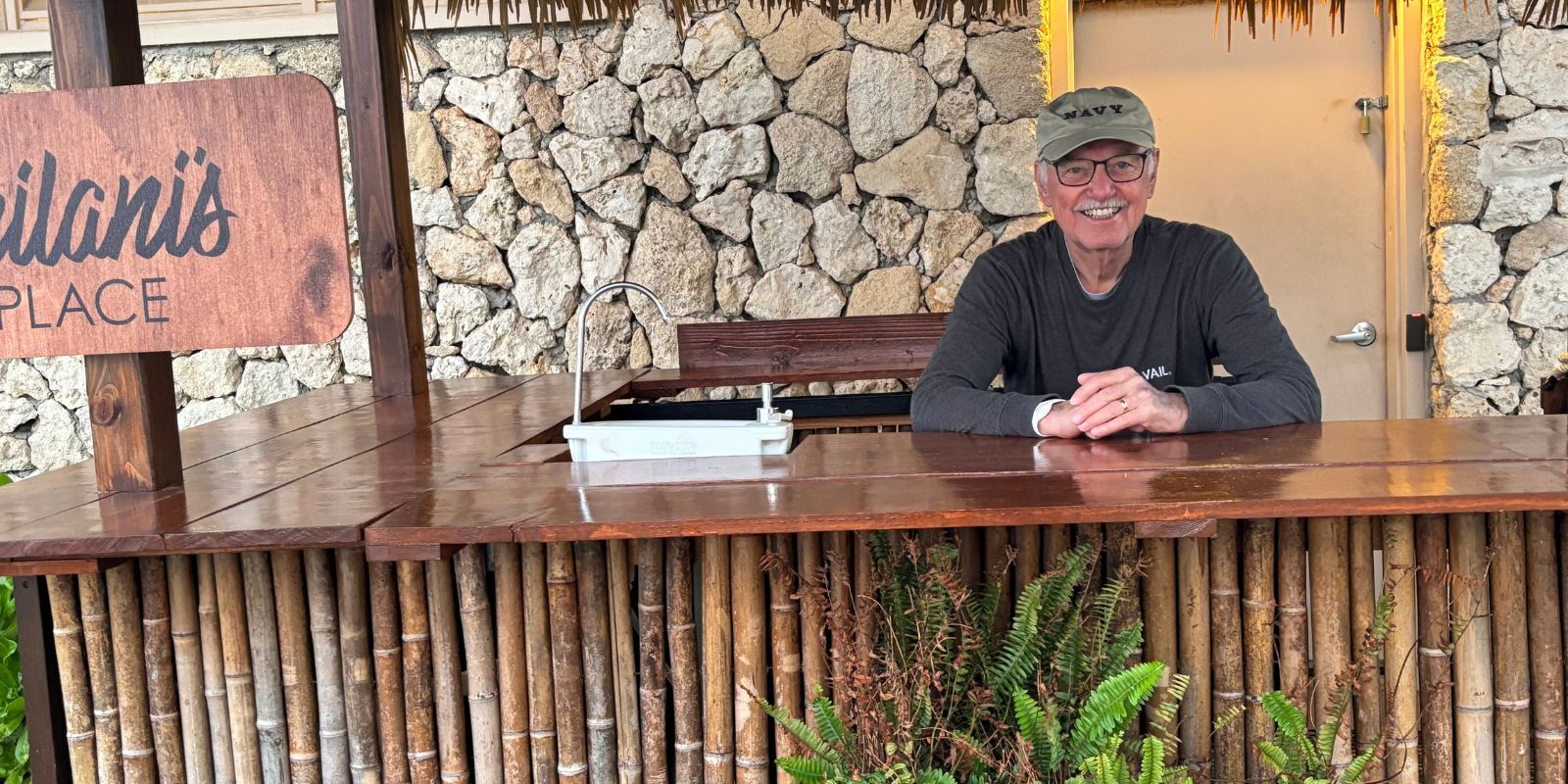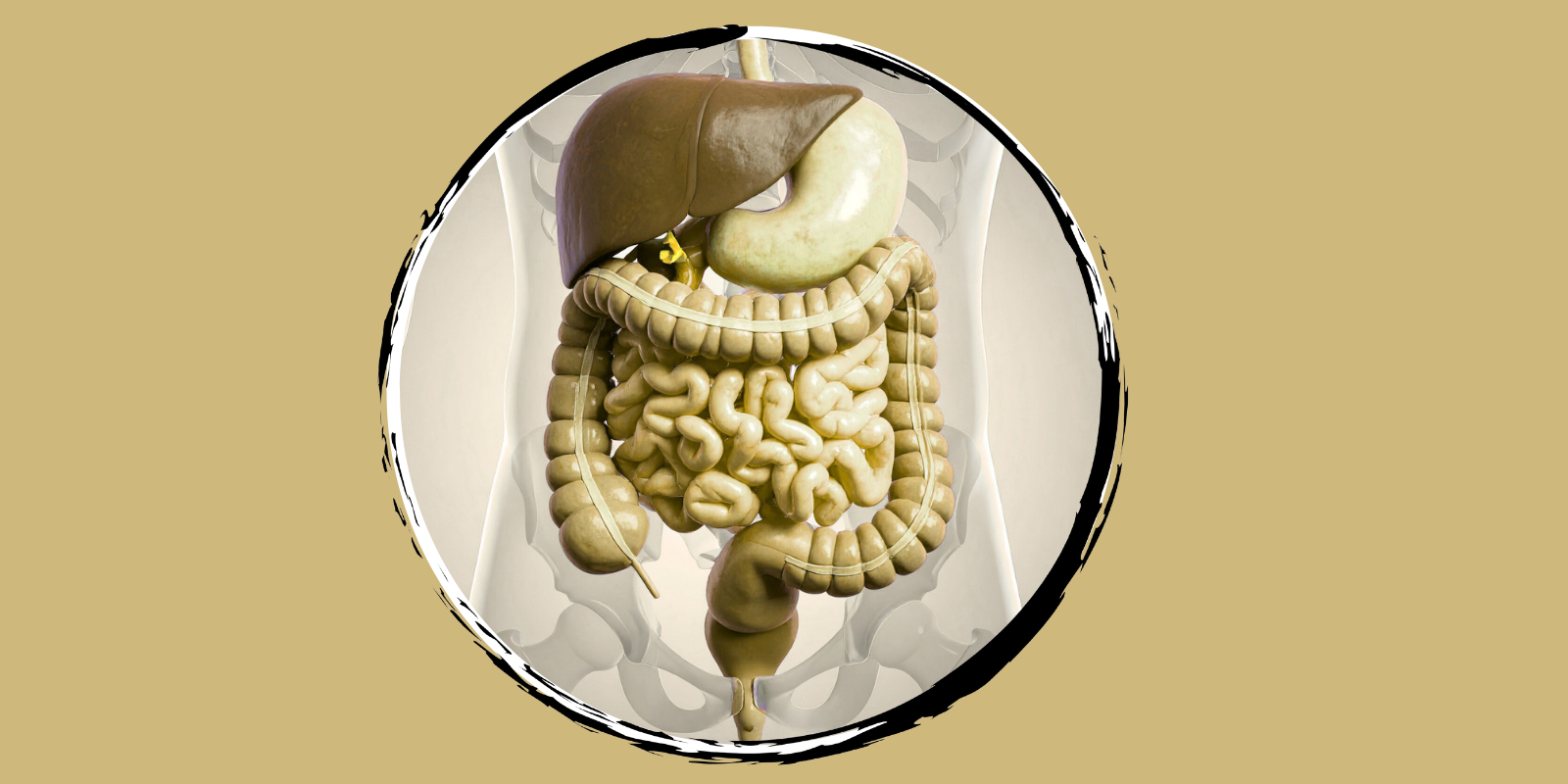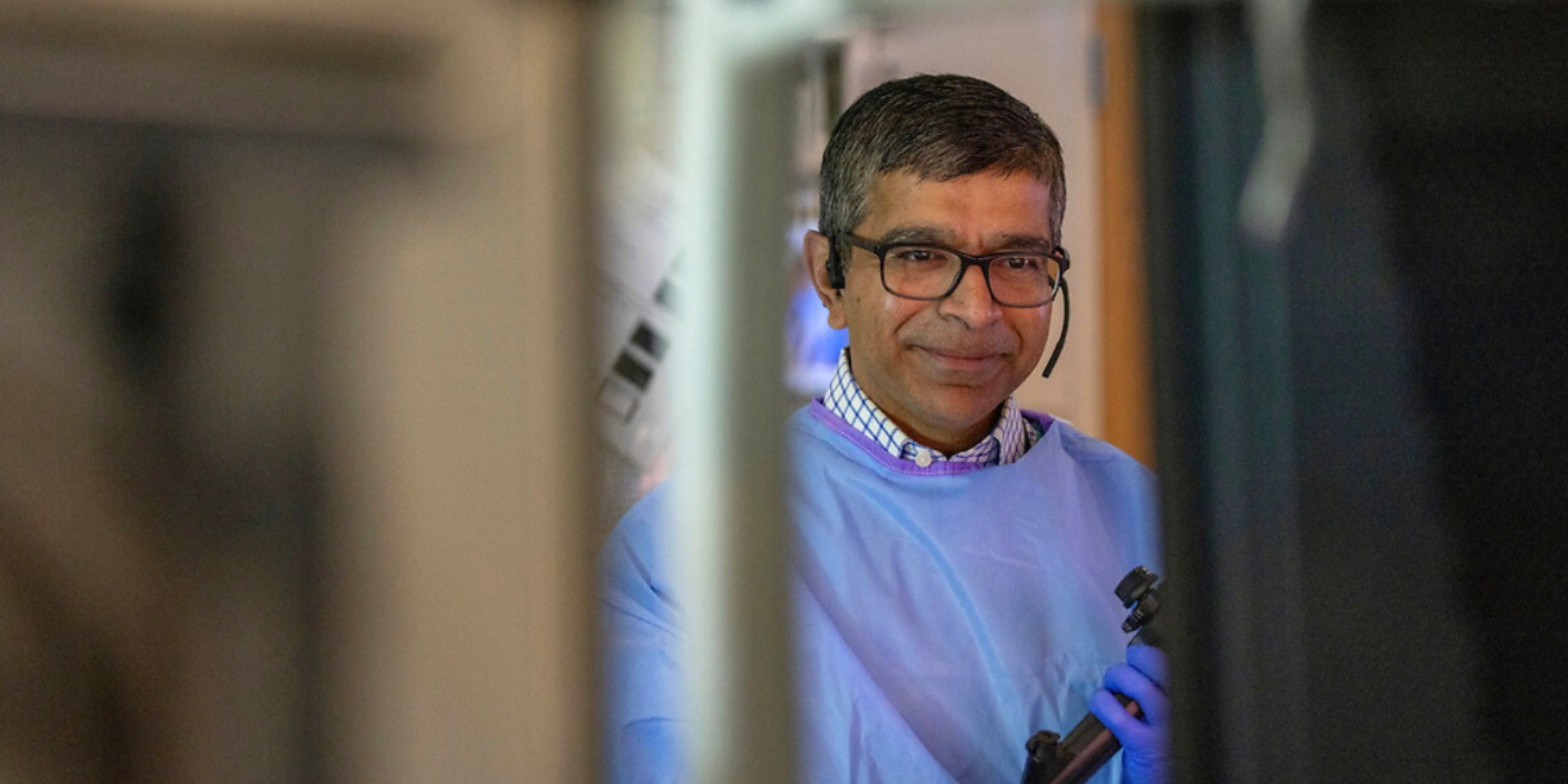Katy Rady lost her brother, Paul, to cancer nearly four years ago. Katy and her husband, also named Paul, turned their grief into a mission to prevent other families from having to go through the same pain. That mission led to the Paul R. O’Hara II Esophagogastric Cancer Symposium.
The second annual symposium was held April 20 and was attended by dozens of cancer patients, caregivers, and others who, like the Radys, hope to improve treatments and accelerate the pace of cancer research. The gathering was a chance to learn about the latest treatments for esophagogastric cancer, nutrition for patients, and supportive services available at the University of Colorado Cancer Center.
In addition to the annual symposium, the Radys established the Paul R. O’Hara II Endowed Chair in Esophageal Cancer at the CU Cancer Center, which was awarded to Madeleine Kane, MD, O’Hara’s physician and a CU Cancer Center member. The purpose of the chair is to fund research that could help answer questions about esophageal cancer – what drives it and which treatments will be most effective and least toxic.
“Preventing other families from experiencing the pain we felt after Paul’s death is our motivation,” says Rady. “As hard as it has been, we now also feel hopeful knowing the CU Cancer Center is trying to unlock the mysteries of esophageal cancer.”
Seed grants already awarded include one project on how inflammation contributes to esophageal cancer and another on the role the immune system plays in treating esophageal cancer. The awardees in 2019 are Todd Pitts, PhD, and Jeff Olsen, MD.
Pitts, an assistant professor of research in the CU School of Medicine’s Division of Medical Oncology, will create cell cultures to study the genetics of gastroesophageal reflux disease (GERD), Barrett’s esophagus (which is a complication of GERD), and esophageal cancer. Understanding the genetic features of the stem cells could help develop more effective treatments.
Olsen, an assistant professor in the Division of Radiation Oncology, is investigating whether patients with esophageal cancer may have better outcomes when they receive chemoradiotherapy in combination with a treatment regimen known as FLOT, which includes the drugs fluorouracil, leucovorin, oxaliplatin, and Taxotere.
Richard Schulick, MD, MBA, director of the CU Cancer Center and the chair of CU School of Medicine’s Department of Surgery, spoke to attendees about his vision for cancer research and clinical care in Colorado and beyond.
“Along with our clinical partners at UCHealth, we have significantly reduced the time it takes to begin treatment for esophagogastic cancer,” said Schulick. “The key is our multi-disciplinary clinics which bring our specialists together to brainstorm about each patient so they can start treatment in two weeks instead of five.”
Schulick says families like the Radys are counting on physicians and scientists to cure cancer or, at the very least, find better, less toxic treatments.
“My father had colon cancer and passed away when I was a teenager. My mother was a breast cancer survivor,” says Schulick. “As a son, I know the pain of losing someone to cancer. As a surgeon, I also know the satisfaction of helping a patient live longer with better quality of life.”
With the help of committed families like the Radys, there is greater opportunity to define the future of cancer science.
“We look forward to innovations in research and clinical breakthroughs for our patients,” said Schulick. “We are very thankful to the Radys for partnering with us in bringing those breakthroughs to cancer patients around the world.”



